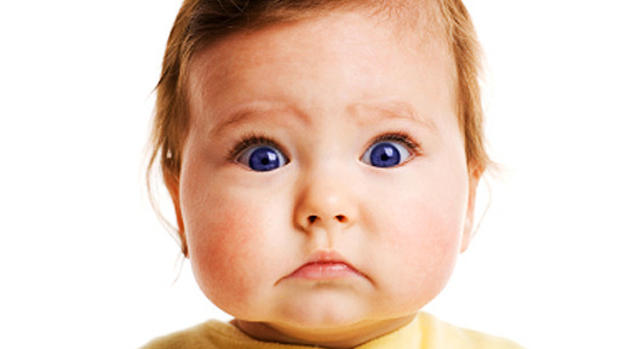Autism Risk Higher When Births Closely Spaced, Study Says: Why?
(CBS/AP) Considering a second child? Maybe wait a few years in between births.
It's well known that a time-out in between births can decrease the risk for low birth weight and prematurity, and new research suggests that it may also reduce the risk of autism. The findings come days after British researcher Dr. Andrew Wakefield's 1998 research linking autism to childhood vaccines was called fraudulent by a respected English journalist.
A preliminary study of more than a half-million California children demonstrated that those born less than two years after their siblings were three times as likely to have autism compared to those born after an interval of at least three years.
The sooner the second child was conceived, the greater the likelihood of that child later being diagnosed with autism. The effect was found for parents of all ages, decreasing the chance that it was older parents and not the birth spacing behind the higher risk.
"That was pretty shocking to us, to be honest," said senior author Dr. Peter Bearman, a sociology professor at Columbia University in New York. The researchers took into account other risk factors for autism and still saw the effect of birth spacing.
Reasons behind the birth spacing-autism link are unclear. It could be that parents are more likely to notice developmental problems when siblings are very close in age, Bearman said. When two-year-old Billy isn't developing like three-year-old Bobby, parents might be more likely to seek help.
Or biological factors could be at play, he said. Pregnancy depletes a mother's nutrients like folate, a B vitamin found in leafy green vegetables, citrus fruit, and dried beans.
The researchers looked at births from 1992 through 2002 in California. They analyzed data on second-born children - born to the same parents - whose older siblings didn't have autism.
The overall prevalence of autism was less than 1 percent in the study. Of all the 662,730 second-born children in the analysis, 3,137 had an autism diagnosis. Of the 156,034 children conceived less than a year after the birth of an older sibling, 1,188 had an autism diagnosis - a higher rate, but still less than 1 percent.
Bearman hesitated to give advice to parents planning families because the results are so new and unconfirmed. Older parents may not want to wait two or three years for a second child because of other health concerns, he said.
The study appeared Monday in the journal Pediatrics.

